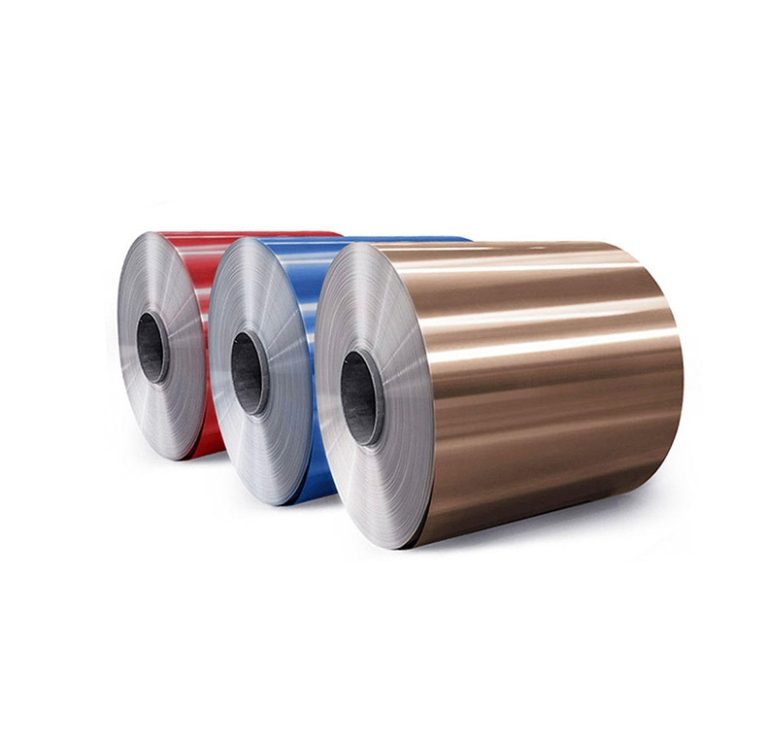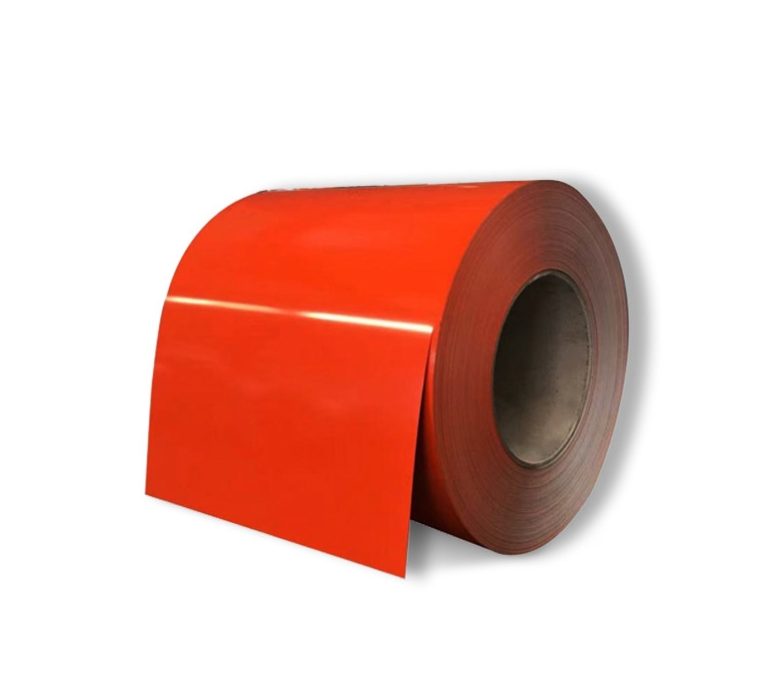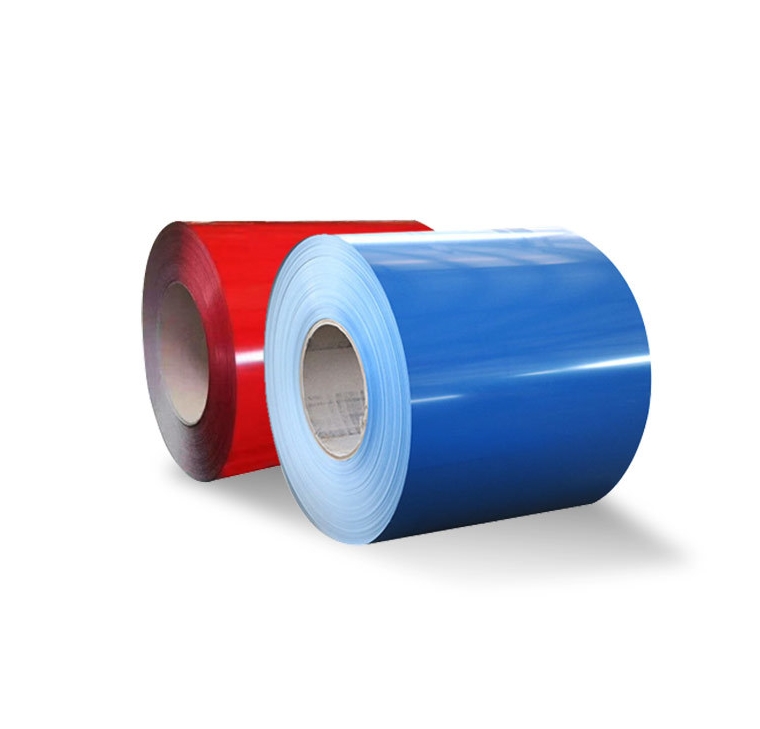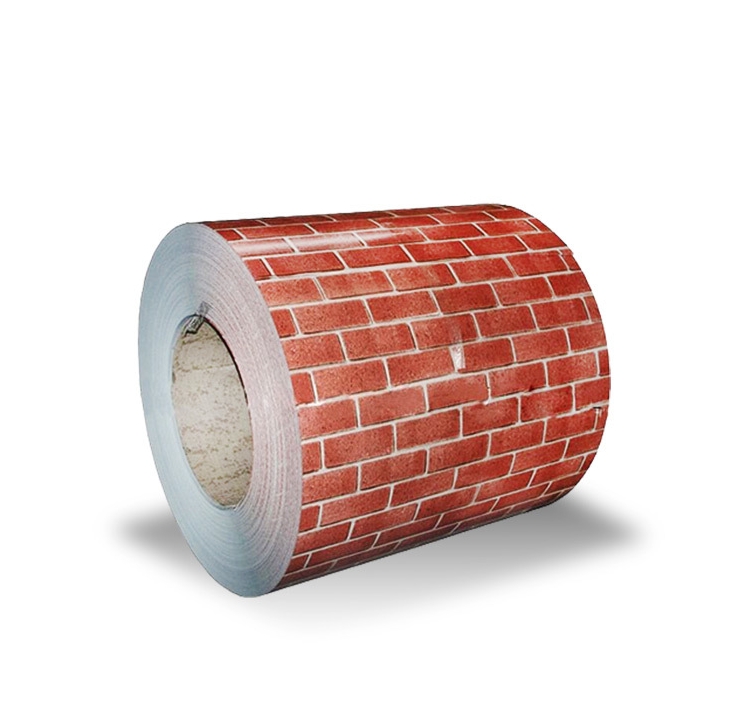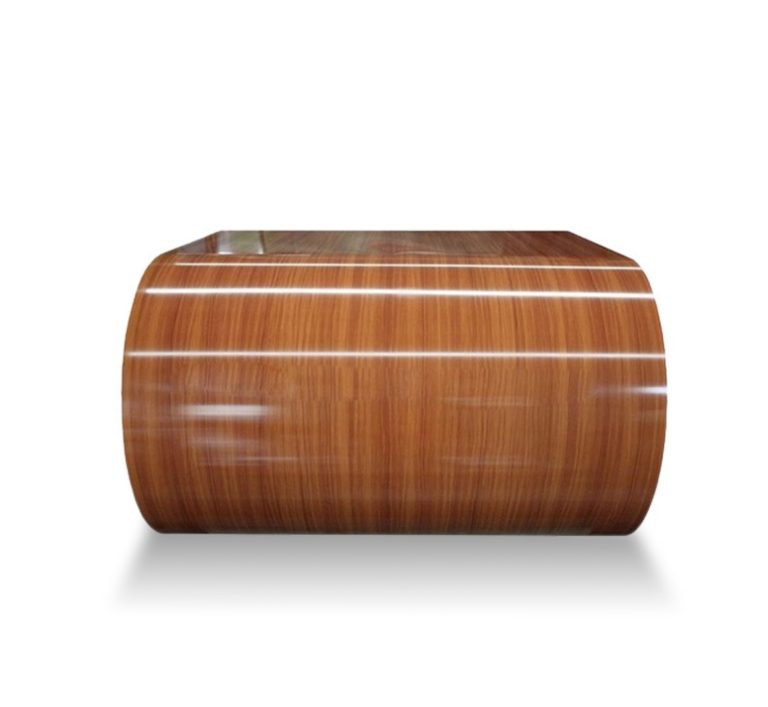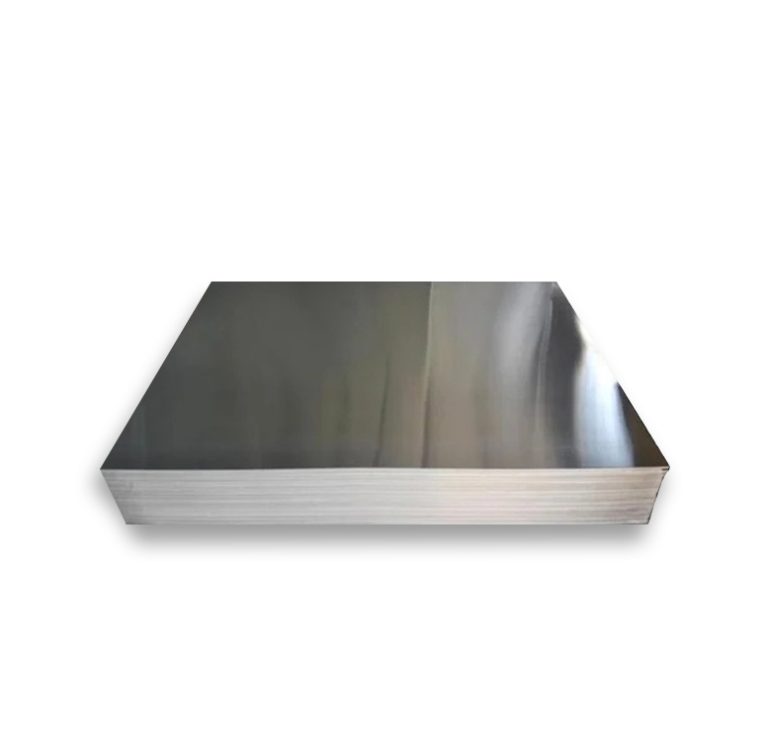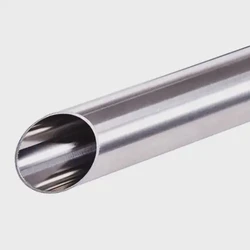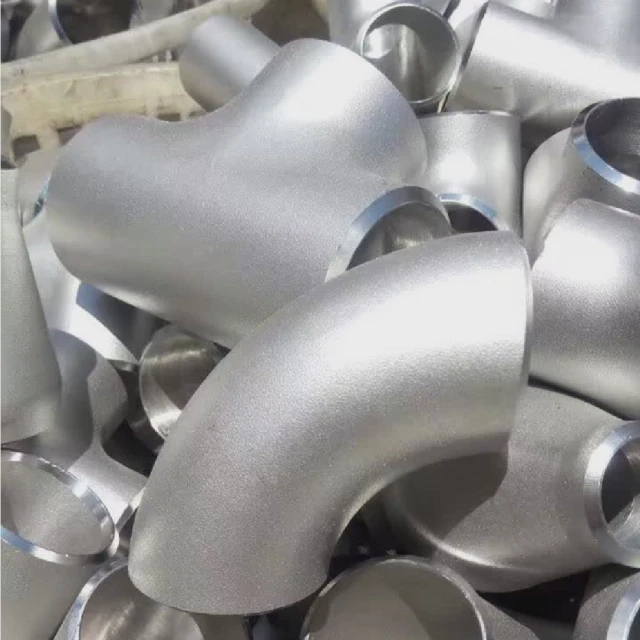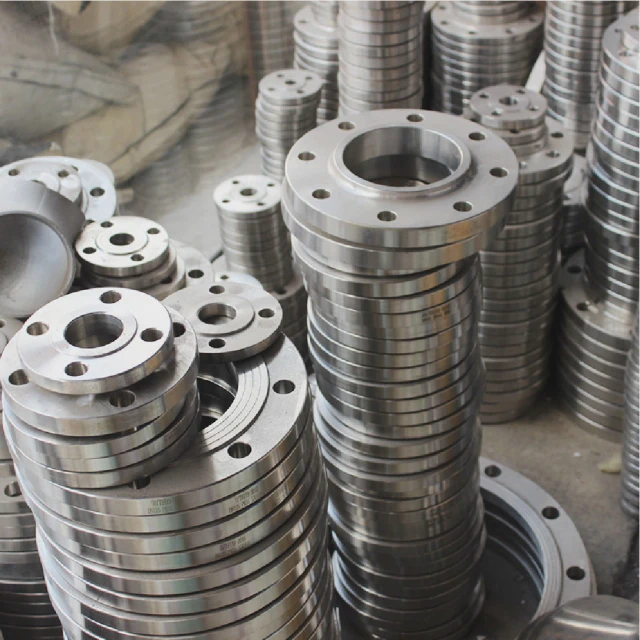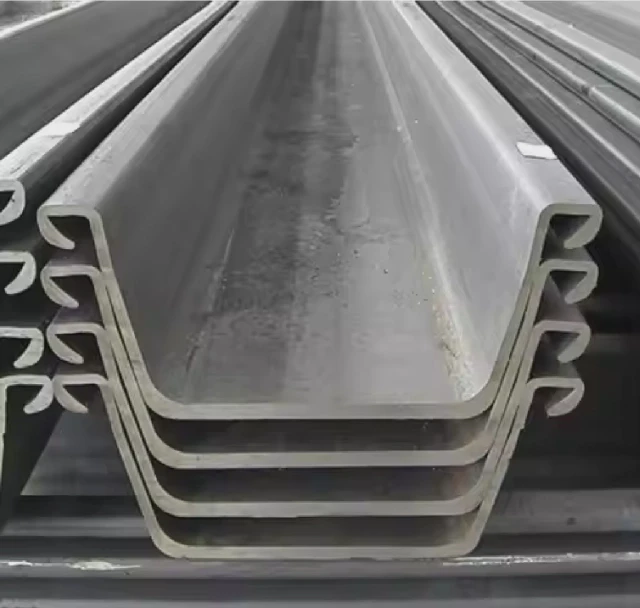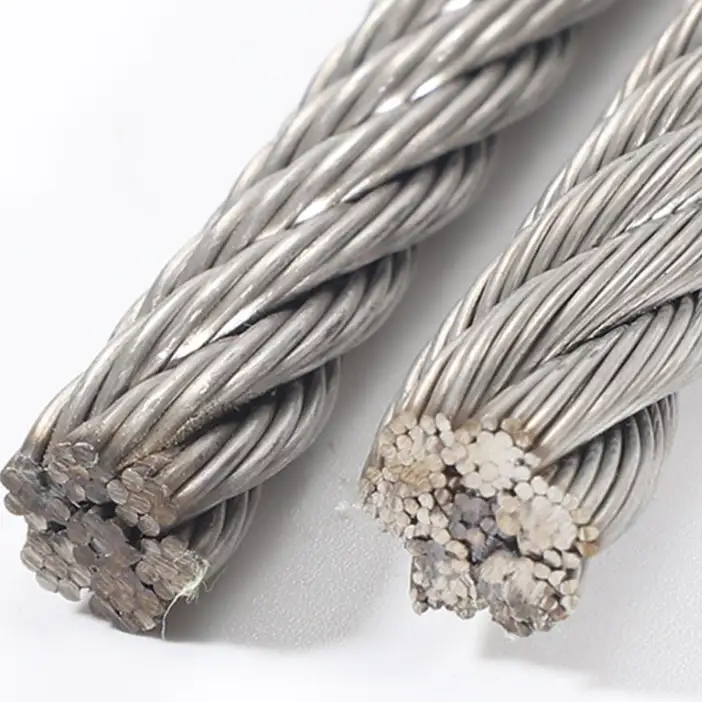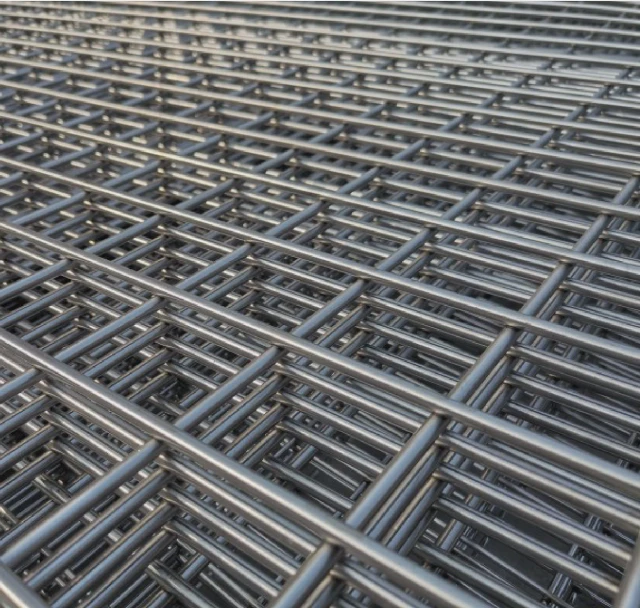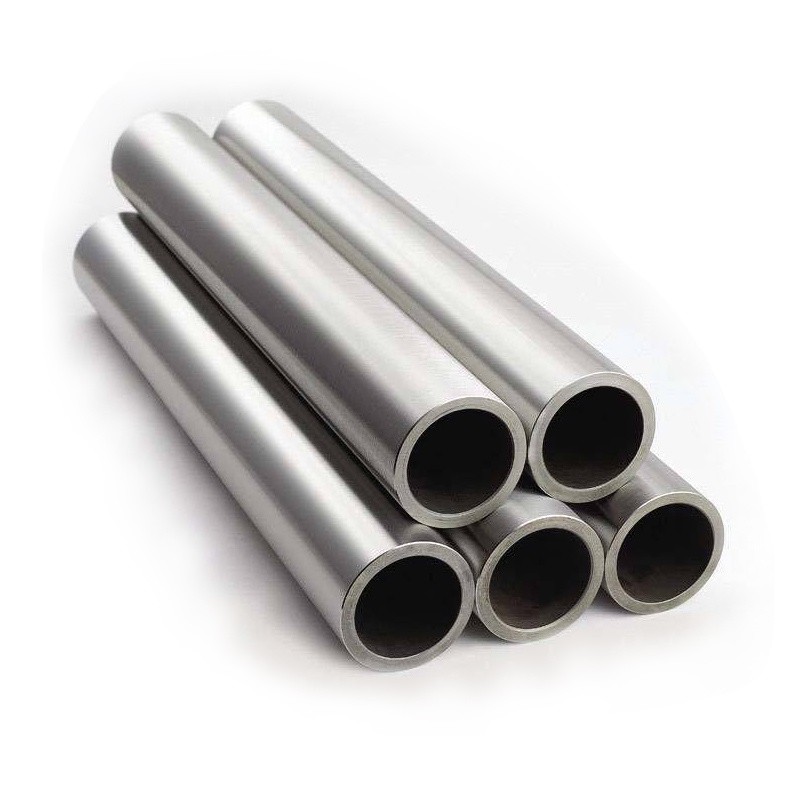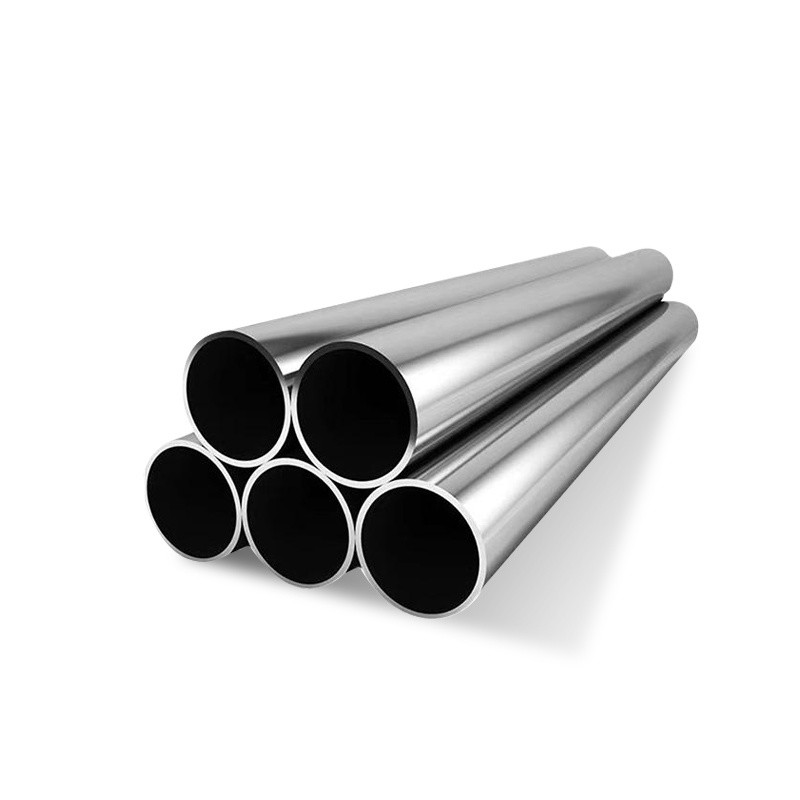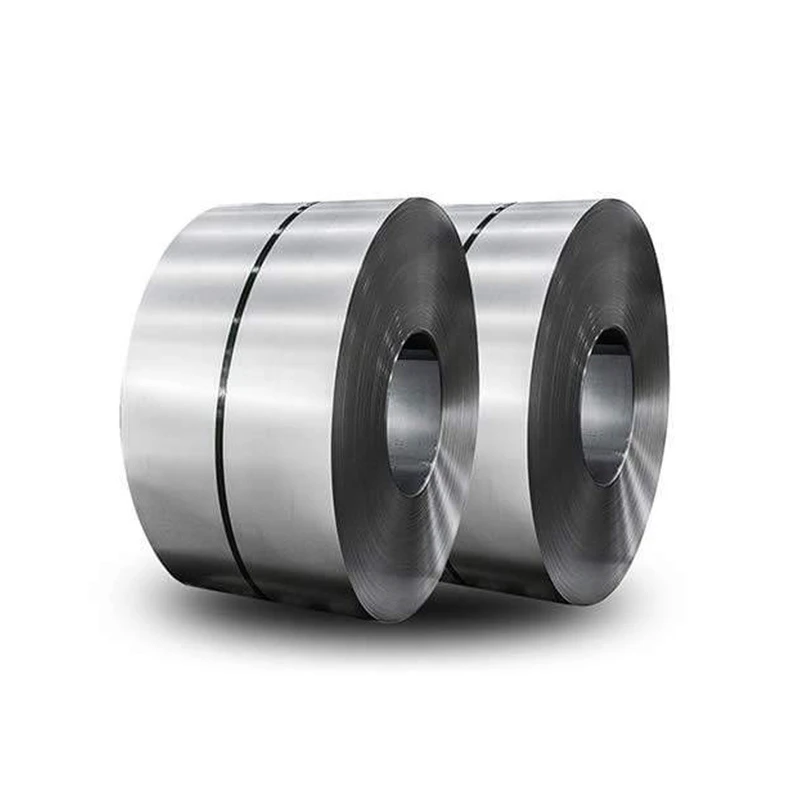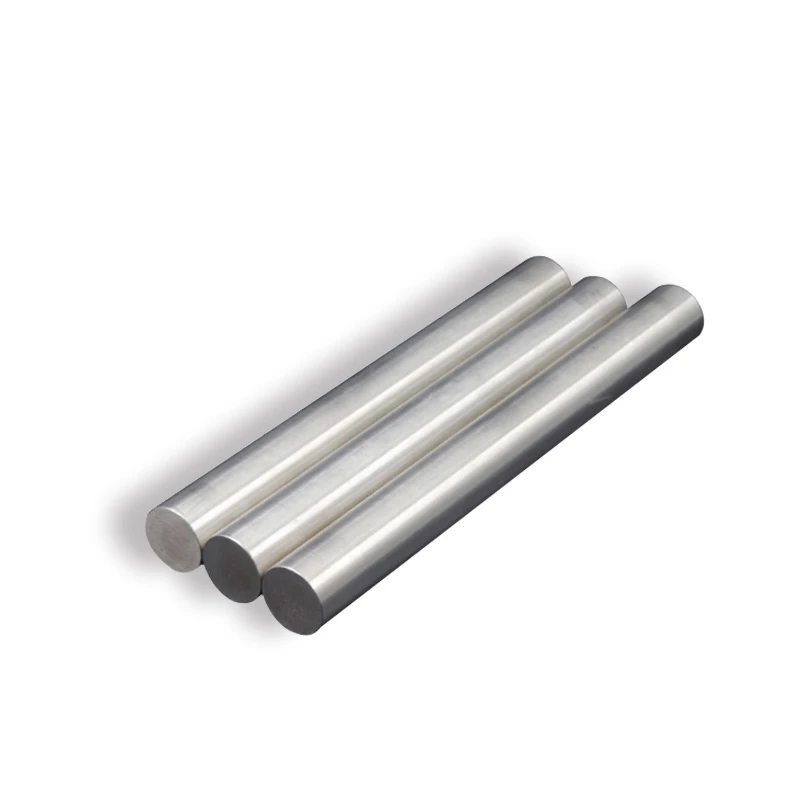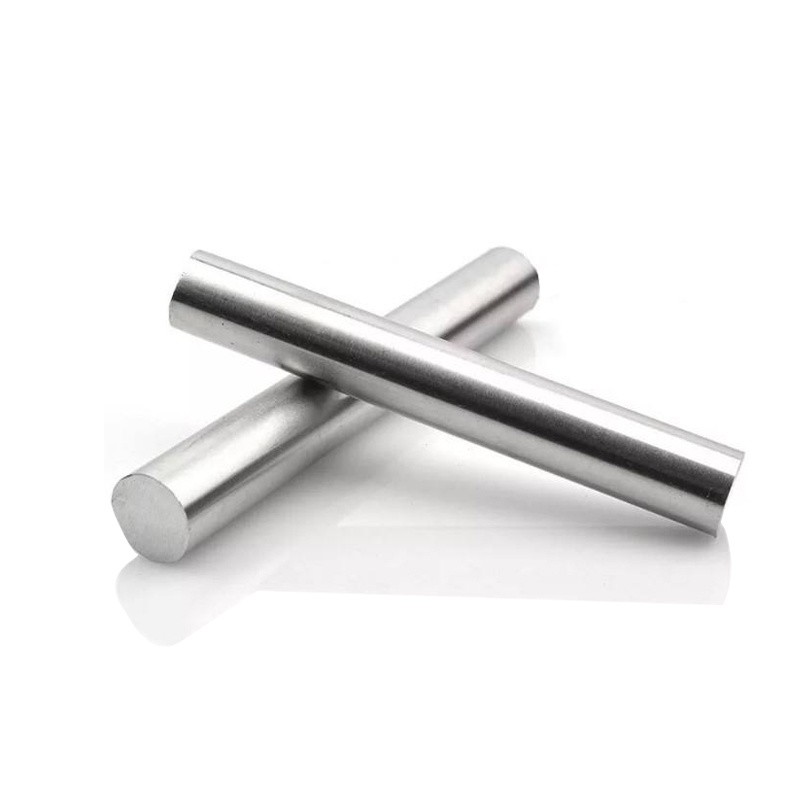
CATEGORIES
FEATURED PRODUCTS
ASTM A270 Stainless Steel Pipe
We offer this product and related grades with 100% factory direct pricing and free quotes available within 24 hours.
APPLICATION SCENARIOS
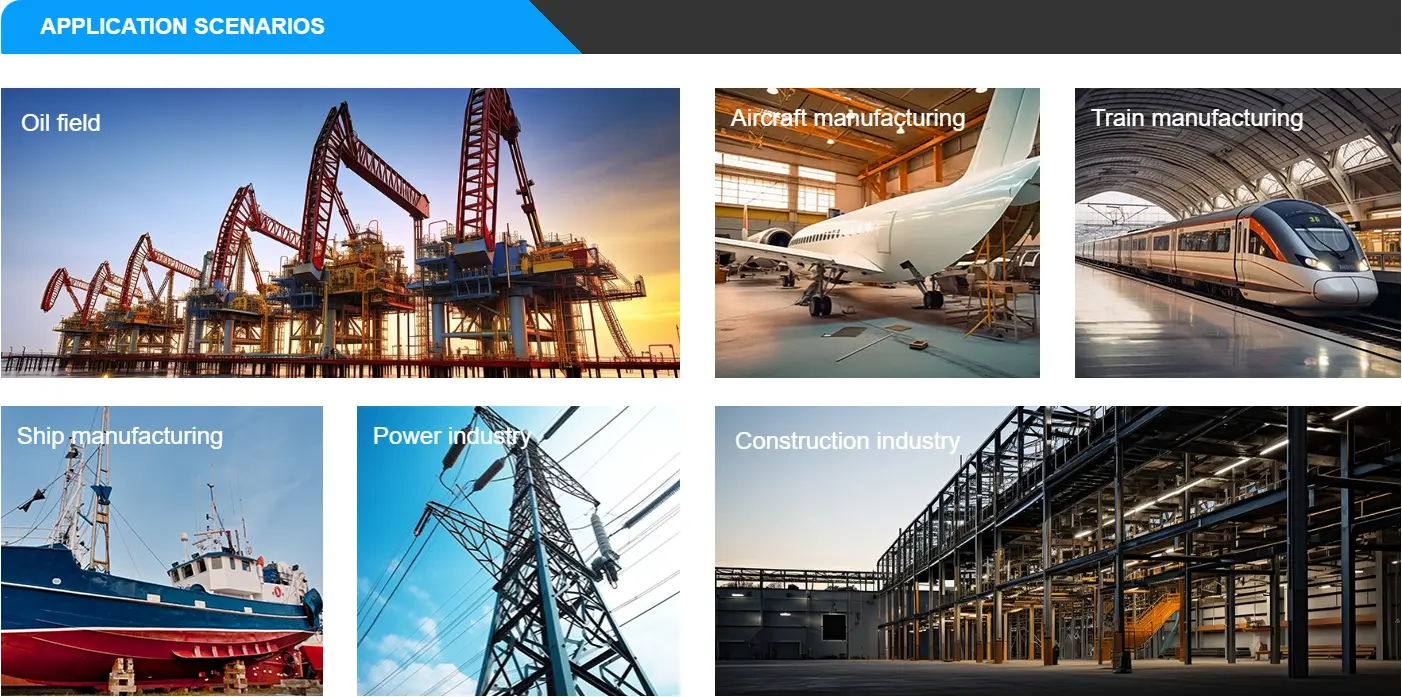
OUR ADVANTAGE

Certificate of Honor
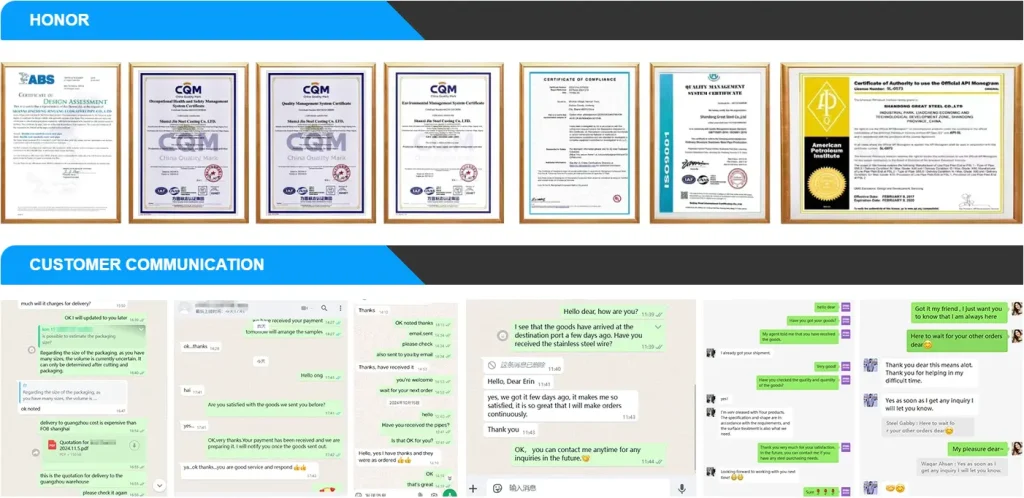
PARTNER

Our Factory
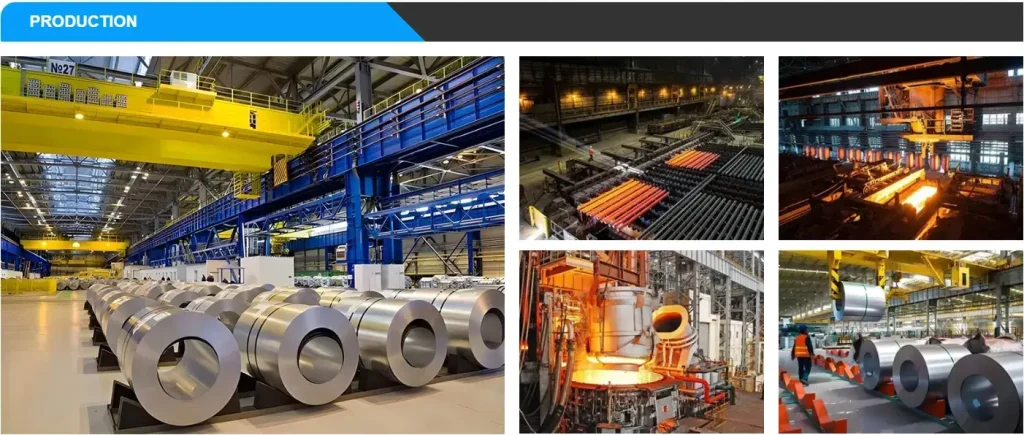
ASTM A270 is a widely recognized standard specification for seamless and welded austenitic stainless steel pipes used in sanitary applications. It outlines the requirements for the composition, mechanical properties, and dimensions of stainless steel pipes that are used in food, beverage, pharmaceutical, and other critical industries. This specification ensures that the pipes are manufactured to meet the highest standards for hygiene, performance, and durability.
1. Introduction to ASTM A270 Stainless Steel Pipe
ASTM A270 defines the requirements for austenitic stainless steel pipes primarily intended for use in sanitary and hygienic applications, such as food processing, dairy, beverage, and pharmaceutical industries. These pipes are designed to meet high cleanliness standards and are resistant to corrosion, making them ideal for handling food, liquids, and chemicals in environments that demand strict hygiene controls.
The standard provides guidelines for both welded and seamless pipes, ensuring they are suitable for critical applications that require smooth internal surfaces, resistance to contamination, and easy cleaning.
2. Types of ASTM A270 Stainless Steel Pipe
There are two main types of stainless steel pipes under ASTM A270:
-
Seamless Pipes: These are formed without the use of welding, ensuring higher strength and resistance to pressure. Seamless pipes are especially useful in applications where consistent mechanical properties are required.
-
Welded Pipes: These pipes are manufactured by welding the edges of a stainless steel sheet or plate. While they may have slightly lower pressure tolerance compared to seamless pipes, welded pipes are commonly used in applications where ease of fabrication is important.
Both types of pipes are designed to meet stringent hygiene and performance requirements, with a smooth interior surface that is free from defects.
Table: Comparison of Seamless and Welded ASTM A270 Pipes
| Property | Seamless Pipe | Welded Pipe |
|---|---|---|
| Manufacturing Process | No welding involved | Welded edges |
| Strength | Higher | Lower (relative to seamless) |
| Cost | Higher | More cost-effective |
| Applications | High-pressure systems | Sanitary systems |
| Internal Surface Finish | Smooth and consistent | Smooth, but may have weld seam |
| Pressure Tolerance | Higher | Lower |
3. Chemical Composition of ASTM A270 Stainless Steel Pipe
The chemical composition of ASTM A270 stainless steel pipes is designed to offer excellent corrosion resistance, high strength, and good formability. The primary alloying elements in these pipes are:
-
Chromium (Cr): 18%–20% – Provides resistance to oxidation and corrosion.
-
Nickel (Ni): 8%–10.5% – Enhances toughness, corrosion resistance, and formability.
-
Manganese (Mn): 2% max – Contributes to strengthening the alloy and improving toughness.
-
Carbon (C): 0.03% max – Keeps the pipe non-reactive and enhances durability.
-
Silicon (Si): 0.75% max – Enhances the material’s oxidation resistance.
-
Phosphorus (P): 0.045% max – Reduces corrosion resistance.
-
Sulfur (S): 0.03% max – Affects machinability.
This combination of elements ensures that ASTM A270 pipes have excellent performance in sanitary and high-temperature environments, where corrosion and contamination are critical concerns.
Table: Chemical Composition of ASTM A270 Stainless Steel Pipe (Grade 304)
| Element | Content (%) |
|---|---|
| Chromium (Cr) | 18.0 - 20.0 |
| Nickel (Ni) | 8.0 - 10.5 |
| Manganese (Mn) | 2.0 max |
| Carbon (C) | 0.03 max |
| Silicon (Si) | 0.75 max |
| Phosphorus (P) | 0.045 max |
| Sulfur (S) | 0.03 max |
4. Mechanical Properties of ASTM A270 Stainless Steel Pipe
The mechanical properties of ASTM A270 stainless steel pipes are designed to ensure the pipes are durable, strong, and capable of withstanding high pressures. The key mechanical properties include:
-
Tensile Strength: The tensile strength of ASTM A270 pipes is typically 70,000 psi (485 MPa) for Grade 304 stainless steel. This ensures that the pipes can withstand significant stress before breaking.
-
Yield Strength: ASTM A270 pipes generally have a yield strength of 25,000 psi (170 MPa), ensuring that they maintain their shape under typical working conditions.
-
Elongation: The elongation for ASTM A270 pipes is generally 35% in 8 inches (200 mm), ensuring that the pipes have good formability.
-
Hardness: ASTM A270 pipes typically have a Brinell hardness of 201, providing an optimal balance between strength and resistance to deformation.
Table: Mechanical Properties of ASTM A270 Stainless Steel Pipes (Grade 304)
| Property | Value |
|---|---|
| Tensile Strength | 70,000 psi (485 MPa) |
| Yield Strength | 25,000 psi (170 MPa) |
| Elongation | 35% (in 8 inches or 200 mm) |
| Hardness (Brinell) | 201 |
5. Applications of ASTM A270 Stainless Steel Pipe
The ASTM A270 stainless steel pipe is primarily used in sanitary applications, but its versatility makes it suitable for various industries, including:
-
Food and Beverage Industry: These pipes are commonly used for transporting fluids, gases, and powders in food processing systems, as they ensure hygiene and prevent contamination.
-
Pharmaceutical and Biotech: In the pharmaceutical and biotech industries, where cleanliness is critical, ASTM A270 pipes are used for transferring active ingredients and liquids.
-
Dairy Industry: Stainless steel pipes under ASTM A270 are used in dairy processing to ensure that milk and other dairy products are safely transported without contamination.
-
Chemical Industry: Pipes manufactured to ASTM A270 are used in the chemical industry for transporting reactive chemicals where both corrosion resistance and ease of cleaning are required.
-
Water and Wastewater Treatment: The pipes are used in water treatment plants due to their resistance to rust, corrosion, and scaling.
Table: Key Applications of ASTM A270 Stainless Steel Pipe
| Industry | Application |
|---|---|
| Food & Beverage | Fluid, gas, and powder transportation |
| Pharmaceutical | Active ingredient transport |
| Dairy | Milk and dairy product handling |
| Chemical Processing | Chemical transfer |
| Water Treatment | Water treatment and piping |
6. Global Standards and Certifications
ASTM A270 is an internationally recognized standard, but several other global standards are relevant for stainless steel pipes used in sanitary applications:
-
EN 10216 (European Standard) – A specification for seamless stainless steel tubes used for high-temperature applications.
-
ISO 1127 (International Standard) – Specifies dimensions and tolerances for stainless steel tubes, including sanitary applications.
-
JIS G3448 (Japanese Standard) – Standard for stainless steel pipes used in sanitary systems.
These standards are comparable to ASTM A270 but may vary in specific requirements regarding dimensions, tolerances, and manufacturing processes.
Table: ASTM A270 vs Other International Standards
| Standard | Focus | Key Differences |
|---|---|---|
| ASTM A270 | Sanitary stainless steel pipes | Focus on welding and internal surface finish |
| EN 10216 | Seamless stainless steel pipes | Used for high-temperature applications |
| ISO 1127 | General stainless steel tubes | Focus on dimensions and tolerances |
| JIS G3448 | Sanitary stainless steel pipes | Emphasis on quality of weld and fabrication |
7. Procurement Considerations for ASTM A270 Stainless Steel Pipes
When purchasing ASTM A270 stainless steel pipes, it’s essential to consider the following factors:
-
Grade Selection: Depending on the specific application (e.g., food processing, chemical transfer), ensure that the appropriate grade (e.g., 304, 316L) is selected.
-
Quality Assurance: Confirm that the supplier provides certification for the pipes, ensuring they meet ASTM A270 specifications and undergo necessary testing.
-
Supplier Reputation: Choose a supplier like Luokaiwei that is well-established in providing high-quality, certified stainless steel products with a strong track record of reliability.
-
Dimensions and Tolerances: Ensure the pipe dimensions and tolerances conform to your specifications to avoid delays and performance issues during installation.
-
Surface Finish: The internal surface finish is critical in sanitary applications. Ensure the pipes meet the required surface finish (e.g., ASTM A270’s specific requirements for smoothness).
8. Case Study: Use of ASTM A270 Pipes in a Dairy Processing Plant
A leading dairy processing plant in the United States faced challenges in managing contamination and corrosion within their production lines. They decided to upgrade their piping system with ASTM A270 stainless steel pipes, opting for the Grade 304 pipes for their excellent resistance to corrosion and ease of cleaning. After installation, the plant reported a 20% reduction in maintenance costs due to the durability of the pipes and a significant improvement in the efficiency of the cleaning process. The upgraded system also helped the plant achieve compliance with stricter hygiene regulations.
9. Frequently Asked Questions (FAQ)
-
What industries use ASTM A270 stainless steel pipes?
ASTM A270 pipes are used in food and beverage, pharmaceutical, dairy, and chemical industries where sanitary conditions are crucial. -
Can ASTM A270 pipes be welded?
Yes, ASTM A270 pipes are available in both welded and seamless variants, with both types offering excellent performance in sanitary applications. -
What is the difference between Grade 304 and Grade 316L in ASTM A270 pipes?
Grade 304 offers good corrosion resistance, while Grade 316L has enhanced resistance to chlorides and is better suited for harsher environments, such as marine or chemical processing applications. -
Are ASTM A270 pipes resistant to corrosion?
Yes, ASTM A270 pipes are specifically designed to provide excellent resistance to corrosion, making them suitable for sanitary and hygienic applications. -
Why should I choose Luokaiwei as my supplier for ASTM A270 pipes?
Luokaiwei provides high-quality stainless steel pipes that meet ASTM A270 standards, ensuring reliability, durability, and timely delivery for your critical applications.
10. Conclusion
In conclusion, ASTM A270 stainless steel pipes offer an optimal solution for industries requiring sanitary piping systems. Their durability, corrosion resistance, and hygiene standards make them indispensable in sectors such as food processing, pharmaceuticals, and chemical industries. When purchasing ASTM A270 pipes, consider factors such as grade selection, quality assurance, and surface finish, and choose a reputable supplier like Luokaiwei to ensure you receive top-quality products tailored to your needs.

